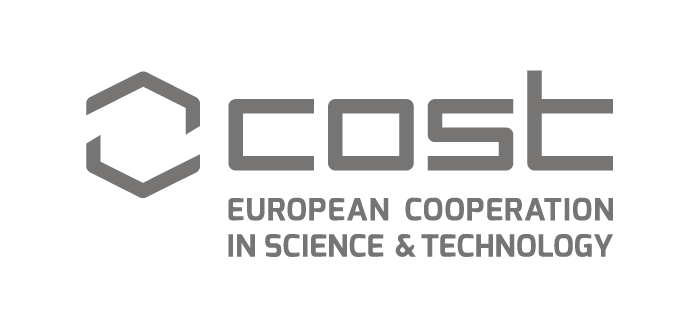In the Netherlands there are now test roads and cycle paths that are paved with a bitumen-like product made from the natural binder lignin. These include a section of road on an industrial site—used daily by cars and heavy trucks, some minor roads, and a cycle path at Wageningen University & Research, which is in three sections, each produced using a different lignin-based bio-bitumen.



